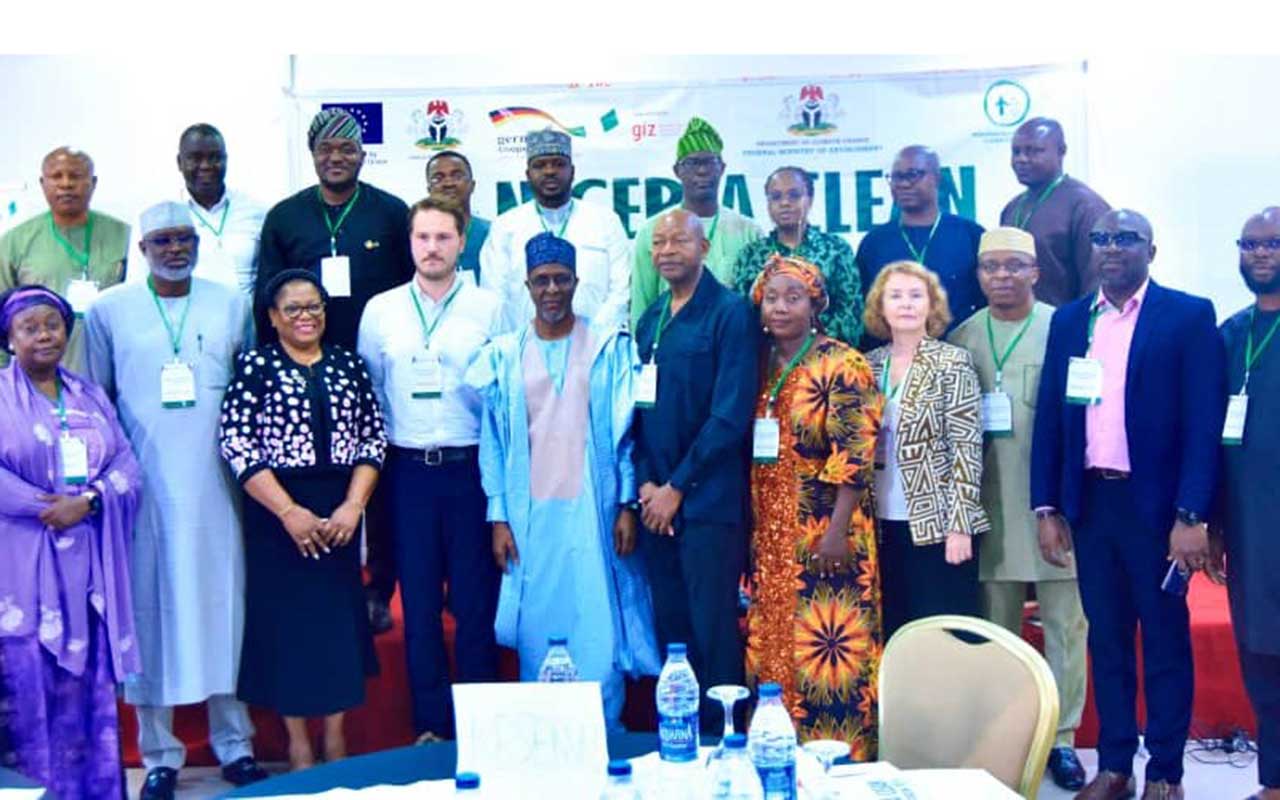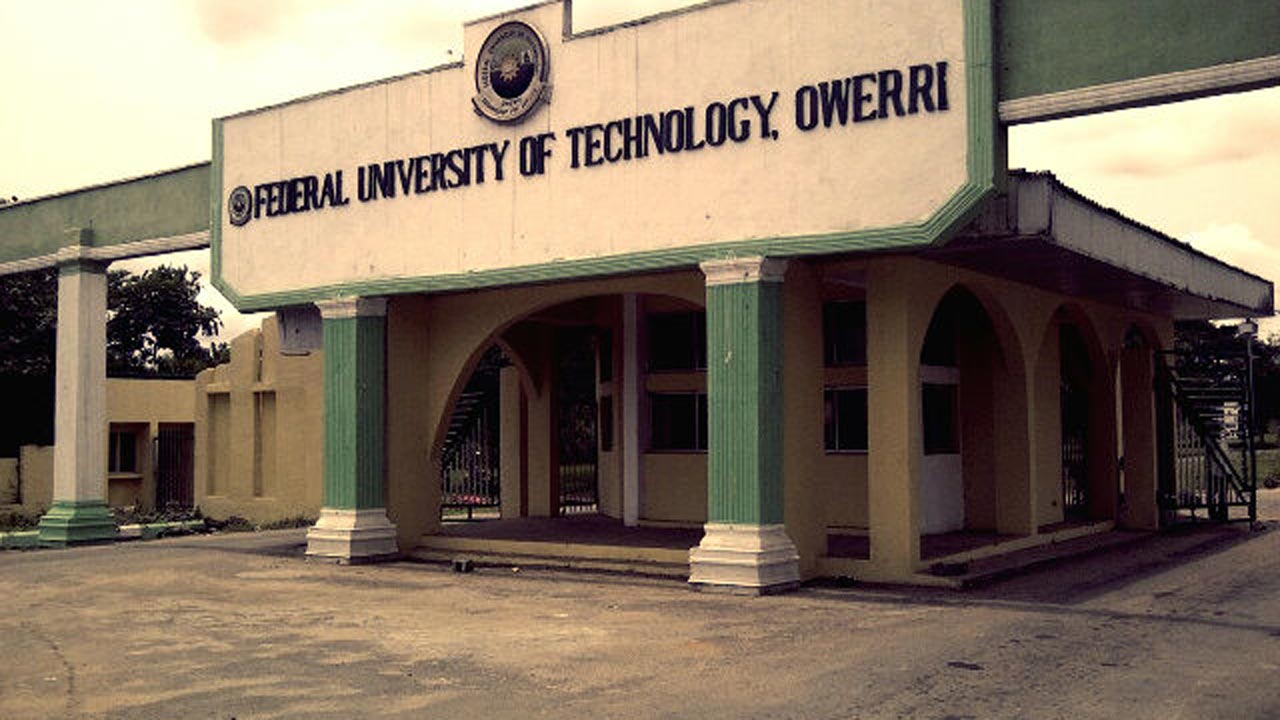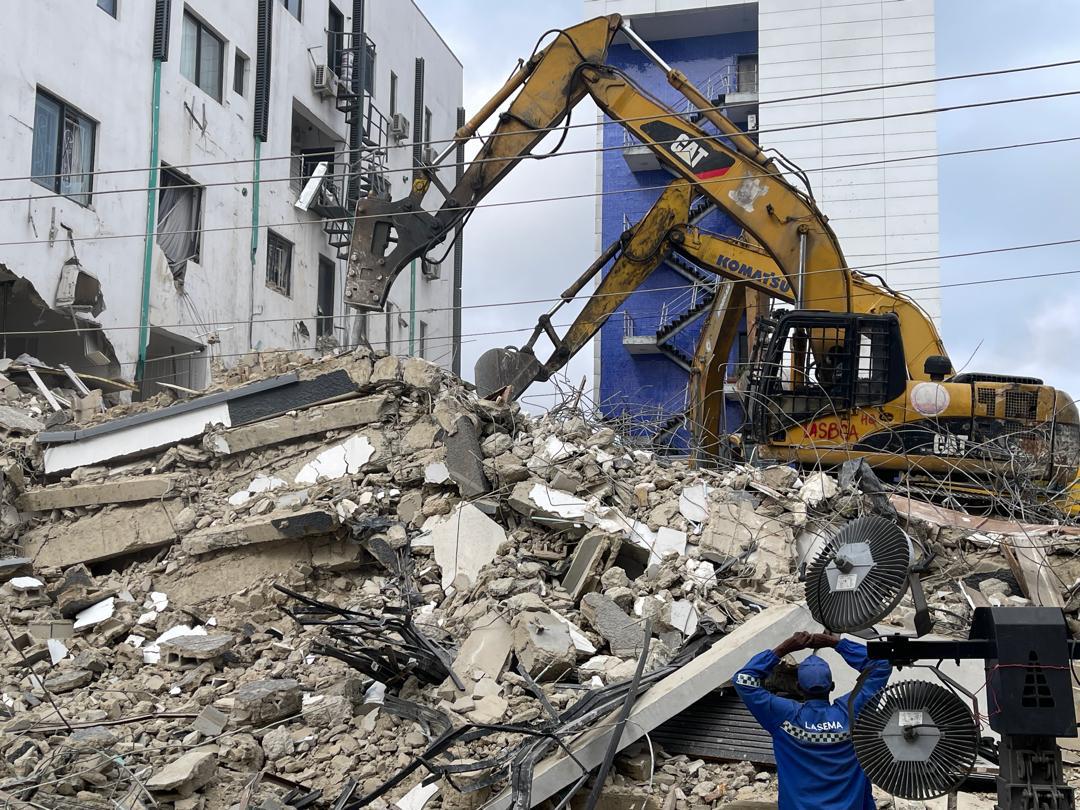
Speaking at the 2024 National Clean Cooking Forum themed, ‘Clean Cooking Energy for All in Nigeria: Prioritising Inclusion, held in Abuja, Minister of Environment, Balarabe Lawal, restated the government’s commitment to providing clean cooking energy for all.
According to Lawal “the ministry has established an implementation committee to ensure effective implementation of the policy. Efforts are underway to finalise the necessary activities, paving the way for concrete steps toward policy implementation.
The government has allocated N5billion in the 2025 budget specifically for the execution of the policy”, he assured. He reiterated the Federal Government’s support for clean cooking initiatives, recognising them as a crucial pathway to reducing emissions and achieving Nigeria’s target of net-zero emissions by 2060.
Despite advancements in promoting cleaner cooking technologies, recent trends indicate a concerning regression, with many households reverting to traditional polluting fuels. This reversal is largely driven by the rising costs of cleaner alternatives, such as liquefied petroleum gas (LPG), which has become increasingly unaffordable for a significant segment of the population.
Addressing the forum, Minister of Women Affairs, Uju Kennedy-Ohanenye, pledged the ministry’s support to expand clean cooking access for rural women. She highlighted the ministry’s efforts in distributing clean cooking technologies to rural women across 21 states, including Ekiti, Kwara, Edo, and Bayelsa, and reaffirmed her commitment to safeguarding rural women who are disproportionately affected by indoor air pollution.
Team Lead for Green and Digital Economy representing the European Union Delegation to Nigeria, Inga Stefanowicz, emphasised the importance of inclusive sustainable development.
She said: “The theme aligns with the United Nations’ focus on gender inclusion and support for women-led businesses in the clean cooking sector. We must redouble our efforts to integrate gender perspectives in the energy transition.”
Chairman of the Board of Trustees, Nigerian Alliance for Clean Cooking, Ewah Eleri, urged the Clean Cooking implementation committee to expedite the rollout of the National Clean Cooking Policy.
He said that substantial progress in expanding clean cooking access in Nigeria hinges on the decentralisation of actions, and called for a greater focus on state and local councils. Eleri also harped on the need to provide funding for the sector.
According to him, there is a critical need to develop resilient, long-term financing strategies for the sector, and Nigeria needs to shift away from dependency on international development partners to more domestic sources of funding.
The forum highlighted the urgent need for equitable access to clean cooking solutions as part of Nigeria’s broader energy transition strategy and attracted representatives from federal ministries and agencies, state governments, international development partners, stove and fuel producers, marketers, academia, and the media.





